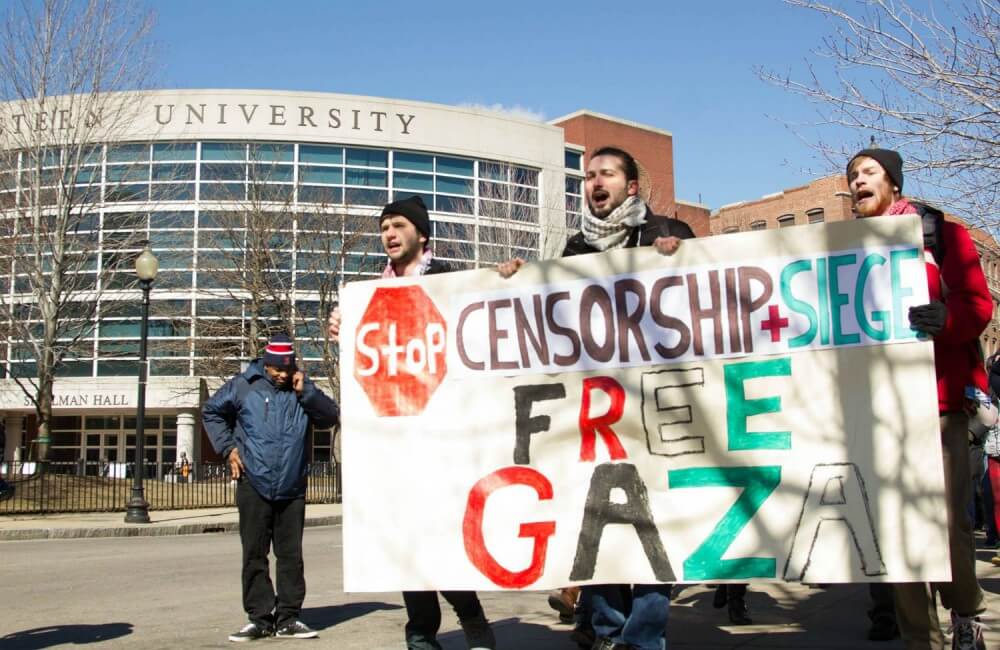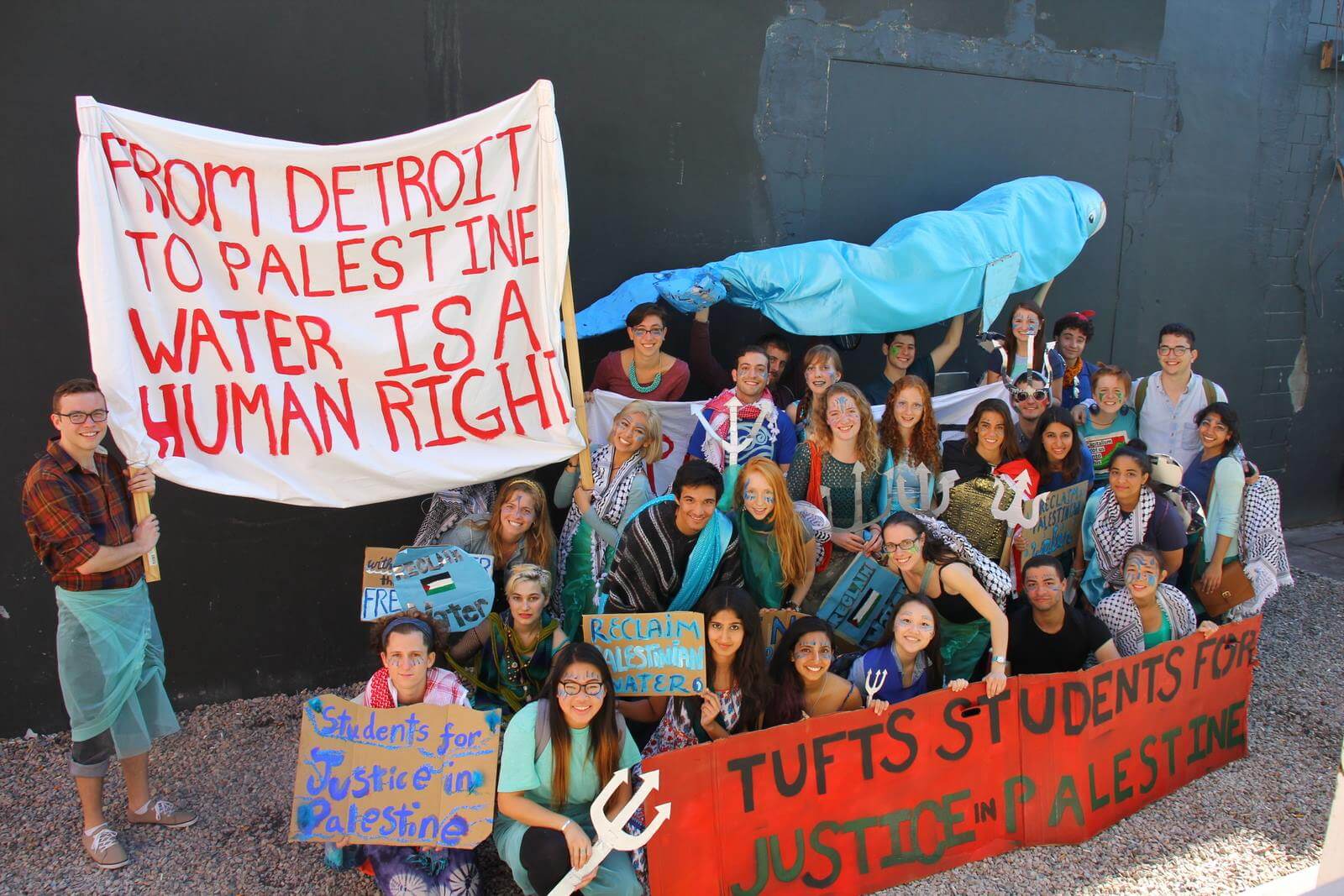Next week, House Democrats will elect leaders for vacant committee chairmanships, including the House Foreign Affairs Committee. Rep. Joaquin Castro is in the running and has spoken out on one of the most urgent foreign policy issues before us: Palestinian rights and ending U.S. support for Israel’s human rights abuses.
The New York Times August 3, 2016 article “Students and the Middle East Conflict” misrepresented student activism and served as an implicit endorsement of a right-wing “dialogue” effort. Following the article, the Times published a strategic compilation of letters to the editor that constructs the future of Israel/Palestine as an internal Jewish conversation largely concerned with dialogue. In response, Tufts SJP alumni gathered letters by students and their allies critiquing the article and dialogue efforts that take attention away from ending the Israeli occupation. The Times refused to publish any of the letters, but you can read them here.
Over the last decade, the movement for Palestinian freedom and equality has increasingly become the focus of social justice movements, especially on college campuses. Like prior movements fighting a status quo of structural violence, this movement faces heavy-handed repression designed to silence marginalized voices and stifle progressive ideas that might chart the path to a better tomorrow. Two recently released reports, one by Jewish Voice for Peace and the other by Palestine Legal and the Center for Constitutional Rights, document this widespread and systematic suppression.
Murder, in any democracy’s foreign policy, is hardly ever sold as murder; instead it is neatly repackaged, advertised as necessary defense to loyal constituents. On November 10, the Fletcher School and Tufts Hillel will host one of the primary architects of this summer’s massacres in Gaza. Tufts Students for Justice in Palestine is calling on Tufts President Anthony Monaco to cancel a speaking engagement by Lt. Col. Dr. Eran Shamir- Borer so that apologists for Israeli war crimes are not honored on their campus.



